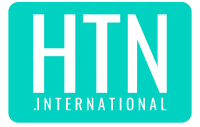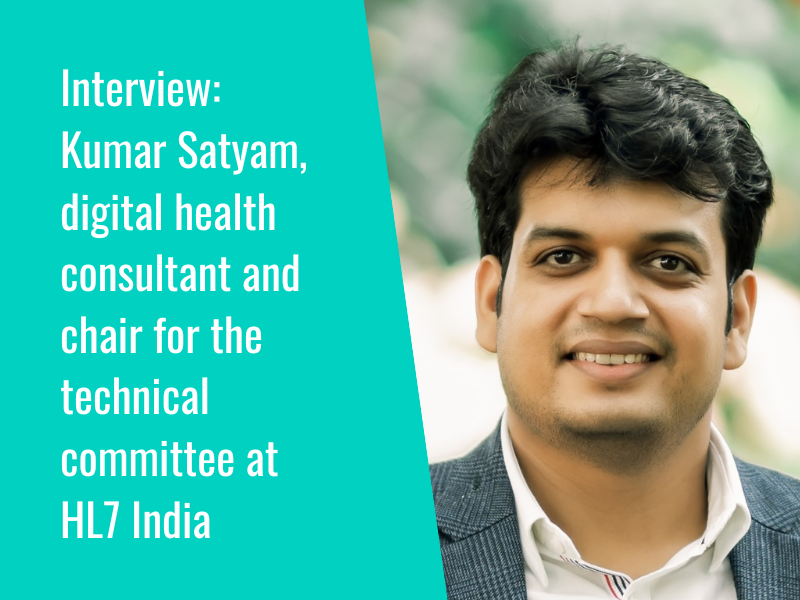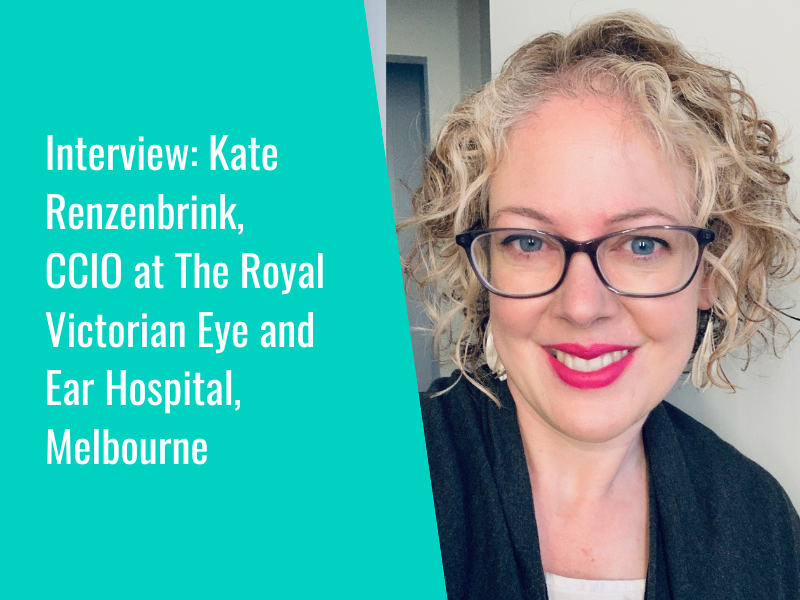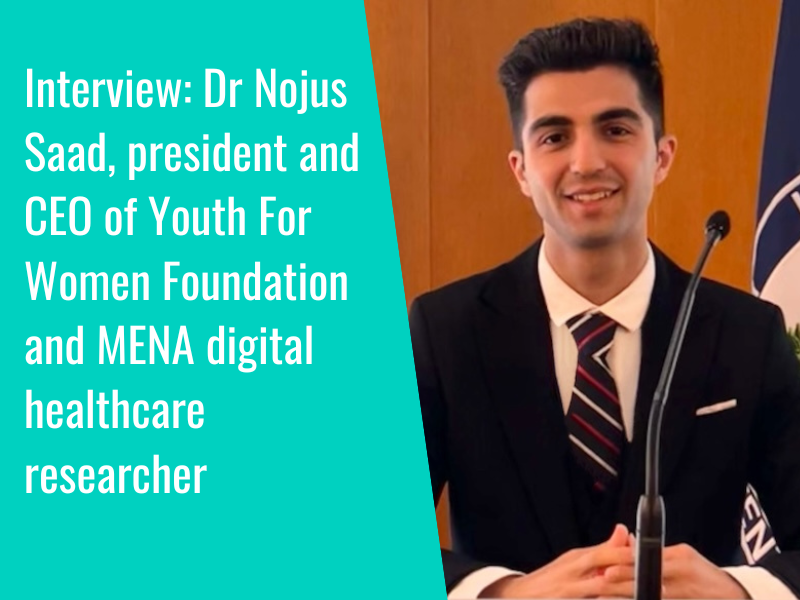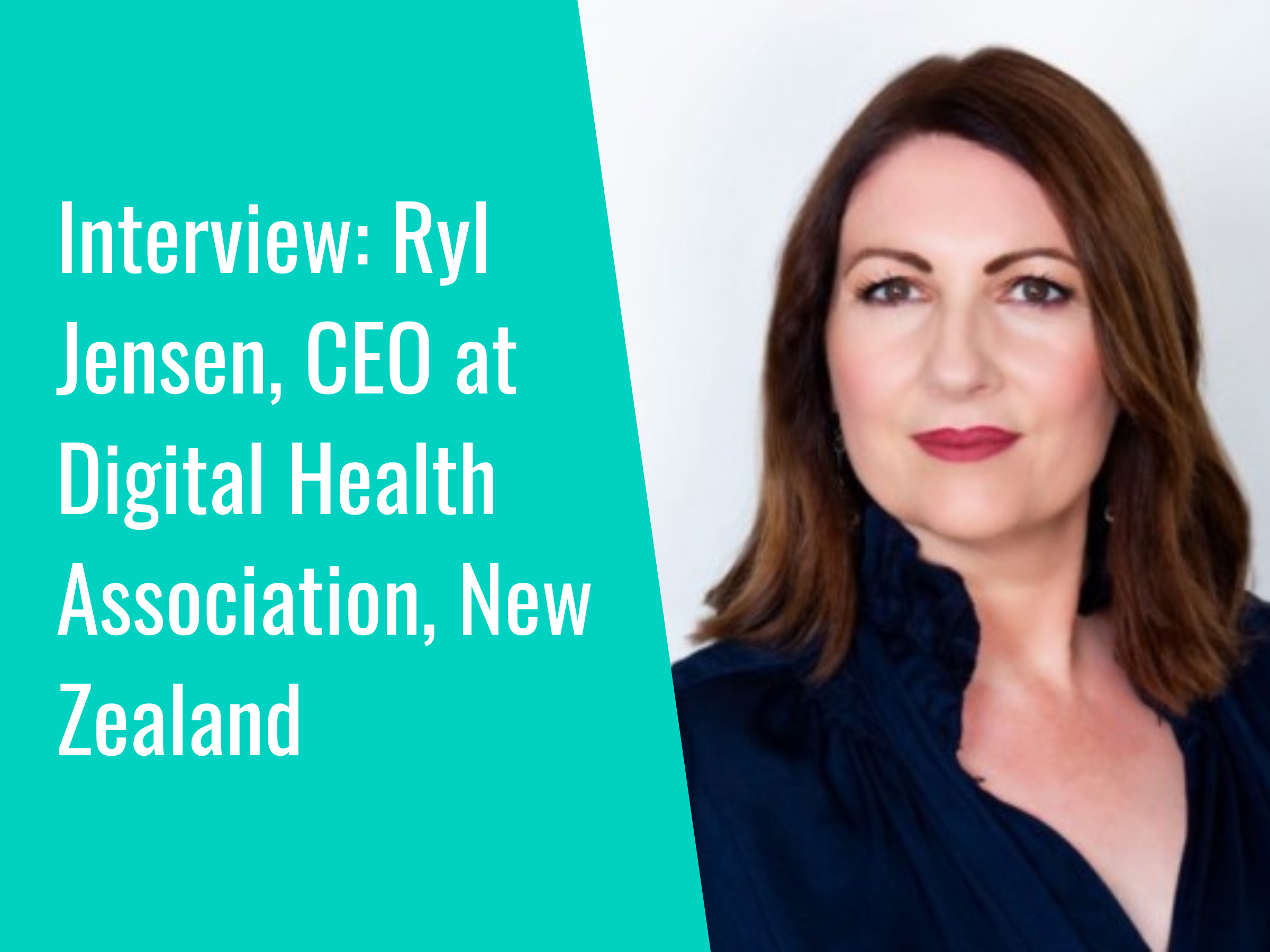The World Health Organisation has published results from a pilot project in Cambodia, trialling digitally-enabled community engagement approaches to HIV/AIDS. The organisation is now looking at ways to scale the project across additional sites in order to further strengthen community trust and confidence with digital health interventions.
Running from 2020-2022, the pilot project was based on the Community Action Approach (CAA), which has been in use since 2017 to “improve access, linkage and retention of patients to comprehensive HIV care”. Its initial focus was to explore ways to maintain close relationships between HIV service providers and their patients during COVID-19, when many patients were at risk of disruption to their antiretroviral therapy (ART).
Conducted across eight ART sites (four case and four control), the research process involved quantitative analysis of the NCHADS HIV database, qualitative interviews with stakeholders including people living with HIV/AIDS (PLWH) and frontline healthcare providers, trust-building workshops, and learning and engagement with research teams. Intervention sites were selected “due to their relatively high rates of loss of access and loss of retention of HIV treatment care during the early stages of the pandemic in 2020”.
The digital health interventions included the provision of tablets with prepaid mobile internet plans to maintain communication, the training of health providers to improve trust and build relationships in virtual settings, and feedback workshops allowing participants to comment on the relational aspects of the intervention package.
Results showed that loss of retention of PLWH in HIV treatment care centres fell “significantly” from 2.8 percent to 0.6 percent in the higher-risk intervention group, compared with a drop from 0.9 percent to 0.7 percent in the control group.
Under “lessons learned”, the WHO claims that this research “confirms the feasibility of using digital health interventions for linking PLWH to HIV care teams, retaining them in HIV care and using technology combined with community engagement interventions”. It also reports that “some PLWH felt more open and comfortable discussing health-related concerns through digital health interventions compared to in-person”, because “they preferred not being in the same room during these discussions”.
The research team is now working with a range of partners to consider how the project could be scaled across additional ART sites and how the quality of communication through digital health interventions can be improved to further strengthen community trust and confidence.
To learn more about this study, please click here.
In other WHO news, at the G20 summit in India, the WHO announced that it would be launching a new Global Initiative on Digital Health (GIDH), which will support the implementation of the Global Strategy on Digital Health 2020–2025.
- 1
- 2
